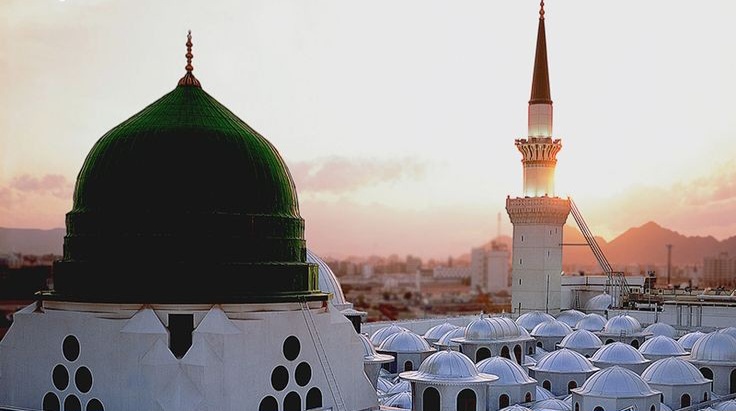{This day I have completed your religion for you, perfected My grace on you, and approved Islam as your religion.} (5: 3), the last verse to be revealed.
One or two of the Prophet’s companions, endowed with keen insight, recognized that it was an announcement of the completion of the Prophet’s mission realizing that when perfection has been achieved, only imperfection can creep in.


